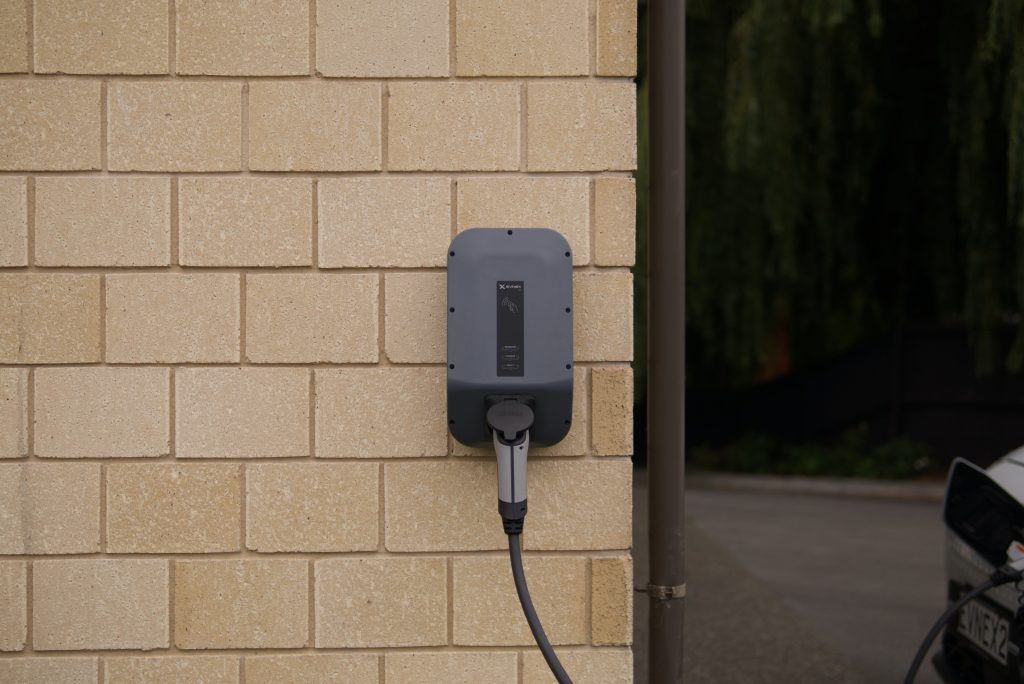One in three, or 35%, of drivers of petrol and diesel vehicles are concerned about rising fuel prices, with half likely to switch to an EV for their next car, new research from car financier Novuna Vehicle Solutions has revealed.
The company polled 2,000 motorists in July and released its findings at a time when rising energy bills have pushed inflation to a 40-year high. EV drivers are beginning to worry about how home energy prices have hit over £3,500 a year for an average household, and are looking for ways to soften the blows. Five in six drivers of EVs say they would join the revolution and make their home charger available to the public if they could charge fellow motorists to use it, while 27% are considering fitting solar panels or heat pumps to reduce reliance on the National Grid, the research found.
“The rising cost-of-living means households are considering all sorts of cost-cutting options ahead of what is quickly shaping up to be a winter of discontent,” said Jon Lawes, Managing Director, Novuna Vehicle Solutions.
Energy regulator Ofgem announced a record jump in the energy price cap on Friday, with a near doubling of the average energy bill from £1,971 to £3,553 this winter. Fuel prices have also hit fresh highs in 2022, with a litre of petrol now selling for 191.5p, and diesel for more than £2 per litre in some UK regions, although these prices have softened a little again recently.
Drivers of EVs have traditionally incurred a lower running cost compared to those who drive ICE vehicles. For example, the average cost of filling up a 55-litre petrol car in the UK was around £100, while charging an EV to travel the equivalent distance was only £37, according to a recent analysis from climate action site Carbon Brief. But that doesn’t stop EV drivers from finding new ways to cut their costs.
EV drivers who have previously benefited from favourable home charging tariffs might now be looking to monetise their charger, to help with spiralling costs, the company said, referring to community charging where owners of home chargers are able to levy up to £3,000 a year by sharing the facility with neighbours.
“Although the upfront cost of an EV might look more expensive in some cases, the long-term running costs will almost always be lower than for a petrol or diesel car, even accounting for soaring energy prices,” Lawes said.
The research also found that 24% of EV drivers have begun to use their cars less frequently, electing to use other modes of transportation. About a third of the respondents said they used other cost-cutting measures, such as taking extra care to charge their EV at home more regularly in order to avoid higher tariffs on public charge points.
Methodology
The findings are the result of an Opinium omnibus research study conducted from July 15th to July 22nd, 2022. During this time, 2,000 UK drivers were surveyed, 574 were drivers of a Battery Electric Vehicle (BEV) – referred to as EV in the press release.
